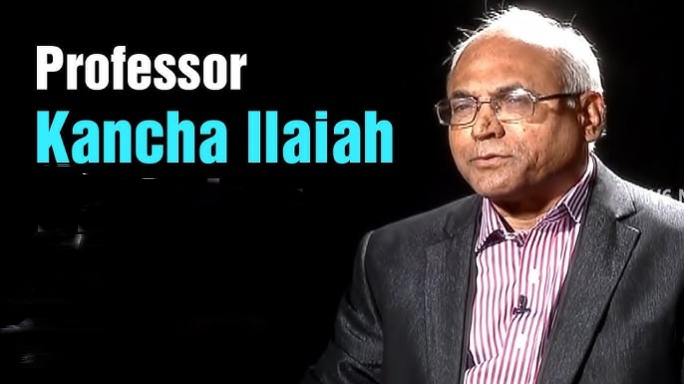
Censor Board Blocks Release of ‘Phule’ Movie; Kancha Ilaiah Shepherd Condemns Move as Attack on Social History
Hyderabad, April 11, 2024:
Prominent writer and social reformer Prof. Kancha Ilaiah Shepherd has strongly condemned the Central Board of Film Certification (CBFC) for blocking the release of the Hindi film Phule, which was originally scheduled to hit theatres today, April 11. The film, based on the lives and revolutionary contributions of social reformers Jyotirao Phule and Savitribai Phule, has reportedly faced objections from Brahmin groups, leading the CBFC to withhold certification and demand cuts related to caste content.
Prof. Ilaiah termed the move “undemocratic” and “an attempt to erase India’s social history.” He stated that the film’s narrative, which exposes the oppressive caste structures that the Phule couple fought against, is firmly grounded in historical fact and well-documented sources.
“The struggle of the Phule couple was against the Brahminical order and the rigid caste hierarchies of their time. Silencing this history due to objections from caste-based groups is not just censorship — it is a betrayal of democratic values,” he said in a statement issued from Hyderabad.

He pointed out that the Maharashtra Assembly had unanimously passed a resolution on March 24, 2024, recommending the Bharat Ratna — India’s highest civilian award — for Jyotirao and Savitribai Phule. “It is deeply ironic that while the state recognizes their legacy, the depiction of their work is being stifled just weeks later,” he added.
Prof. Ilaiah also noted that the contents of the film trailer are historically accurate and even backed by the works of Dhananjay Keer, a Brahmin author who wrote a detailed biography of Mahatma Phule. He questioned how a social group’s discomfort could justify censoring a historical truth.
“This is not just the blocking of a film; it is a broader attempt to rewrite history, suppress dissent, and attack the voices of Shudras, OBCs, Dalits, Adivasis, and all those who seek social justice,” he emphasized.
Calling on students, intellectuals, reformists, and oppressed communities across the country, Prof. Ilaiah urged mass condemnation of the CBFC’s decision. “India must wake up to this growing caste bias. This film must be allowed to release in its original, unaltered form,” he concluded.
The incident has sparked outrage on social media and among activist circles, with many viewing it as part of a growing trend of suppressing stories that challenge caste privilege and dominant narratives.
Further developments on this story are awaited.


